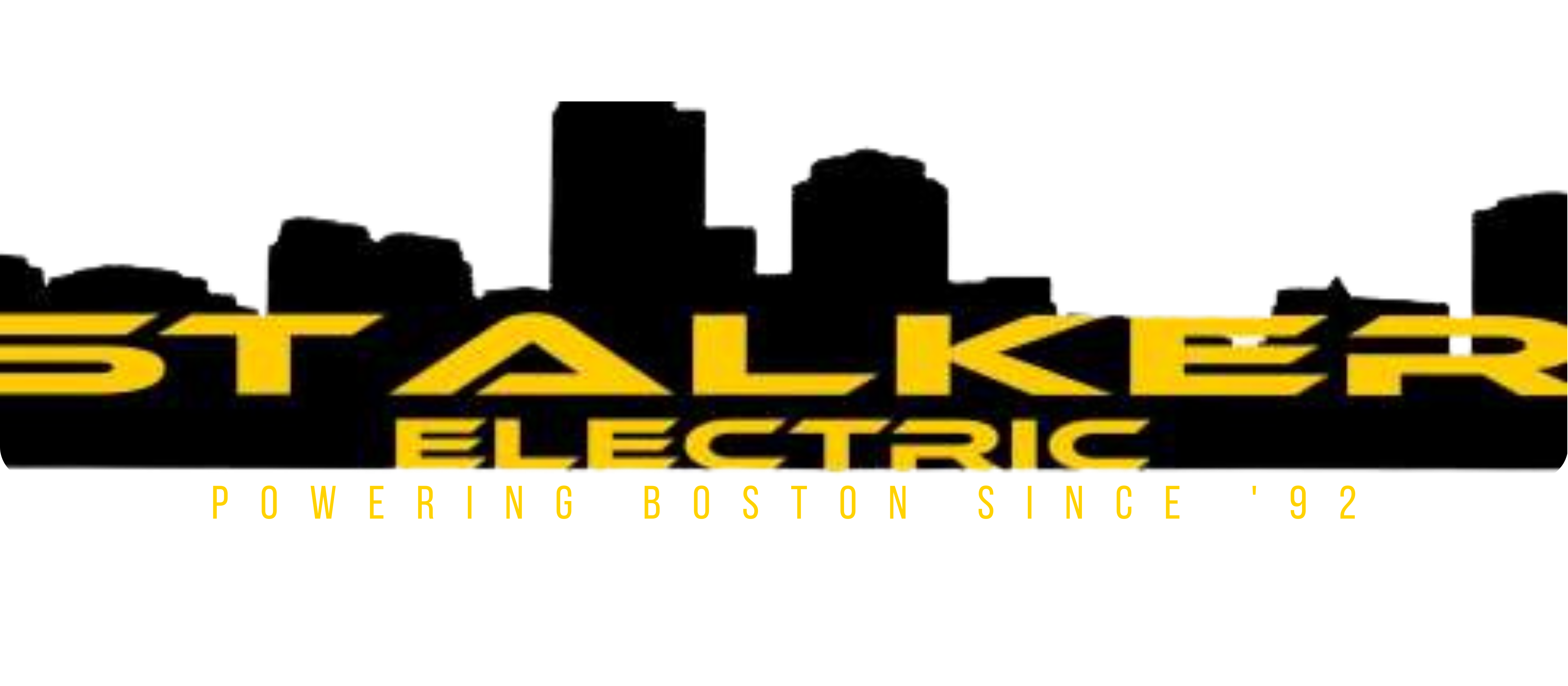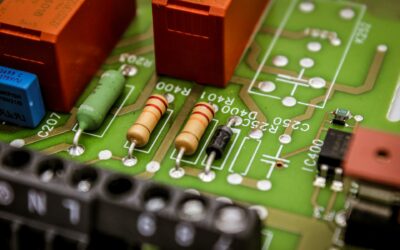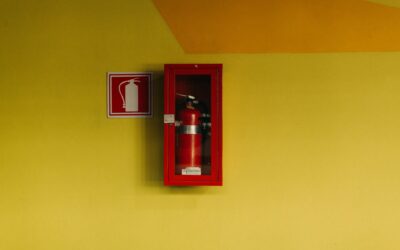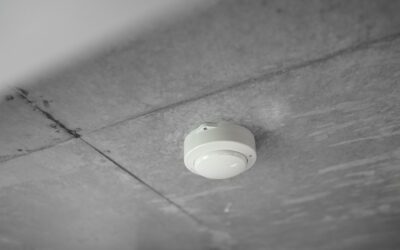Fire suppression systems play a crucial role in keeping buildings safe from the dangers of fire. These systems are designed to quickly detect and control fires, preventing them from spreading and causing significant damage. They work by releasing substances that can extinguish fires or reduce their intensity, giving people more time to escape and minimizing property damage.
Installing a fire suppression system is an important step in protecting both people and property. Different types of fire suppression systems are suitable for various settings, such as homes, offices, and industrial spaces. Understanding how these systems work and why they are important can help you make informed decisions about the best way to protect your space.
Choosing the right fire suppression system can seem overwhelming, but it doesn’t have to be. By knowing what to look for and how these systems support safety, you can feel confident in your fire safety choices. This article will provide essential tips and information on fire suppression systems to help keep your property safe and secure.
Why Fire Suppression Systems Are Essential for Safety
Fire suppression systems are vital for safeguarding lives and properties. They are designed to detect and extinguish fires quickly, minimizing damage and giving people more time to evacuate. By responding to fires automatically, these systems can control or even put out fires before they spread.
These systems are especially important in places with valuable assets, such as data centers or warehouses filled with goods. Without a fire suppression system, a small spark could lead to a massive loss. Having these systems in place ensures that fires are managed efficiently, keeping everyone safer and protecting costly equipment and supplies.
Five Key Advantages of Fire Suppression Systems
1. Quick Response Time: Fire suppression systems act fast. They detect a fire at its early stages and respond immediately. This quick action can prevent a small incident from turning into a major disaster.
2. Minimizes Damage: Since these systems react so quickly, they help reduce the damage caused by fires. By containing or extinguishing the fire early, they protect both the building and its contents from severe damage.
3. Enhances Safety: One of the main benefits is improved safety for everyone in the building. Fire suppression systems provide early warnings and take steps to control the fire, giving occupants more time to safely evacuate.
4. Reduces Downtime: Fires can cause significant disruptions. Having a suppression system in place means fires are controlled faster, which can lead to less downtime for businesses and quicker recovery times.
5. Cost Savings: Although installing a fire suppression system can be an investment, it saves money in the long run. Reduced damage and quicker recovery help avoid the high costs associated with fire damage and prolonged business closures.
How Fire Suppression Systems Protect Different Property Types
Fire suppression systems are not one-size-fits-all; different properties require different types of protection. In a residential setting, these systems ensure that fires are doused quickly to protect lives and personal belongings. Homes often use systems like sprinklers or fire extinguishers, which are easy to maintain and effective at controlling small to moderate fires.
Commercial properties, like offices and stores, require robust systems due to the higher number of occupants and the presence of flammable materials. These buildings often use more advanced systems like gas-based fire suppressors or foam systems, which can handle larger fires. Industrial settings, such as factories and warehouses, need heavy-duty systems designed to tackle fires involving chemicals or high-voltage equipment. Knowing the appropriate system for your property type ensures optimal protection.
Tips for Choosing the Right Fire Suppression System
Choosing the right fire suppression system for your property involves several considerations. First, assess the specific risks associated with your property. For instance, a kitchen in a restaurant may need a wet chemical system, whereas a server room would benefit from a gas-based system that doesn’t damage electronic equipment.
Next, think about how quickly the system can detect and suppress a fire. Look for systems with advanced detection methods like heat and smoke detectors. Also, consider the maintenance requirements. Choose a system that you can easily maintain and check regularly to ensure it functions correctly. Don’t forget to evaluate the cost to ensure it fits your budget without compromising safety.
Final Thoughts
Understanding and choosing the right fire suppression system is crucial for safeguarding your home or business. These systems are designed to detect fires quickly and suppress them before they cause significant harm. Knowing the types of systems available and where they work best helps you make an informed decision. With the right installation and regular maintenance, fire suppression systems can provide peace of mind and safety for everyone.
If you’re considering installing a fire suppression system or upgrading your current setup, Stalker Electric can help. We specialize in designing and installing fire suppression systems tailored to your specific needs. Contact us today to ensure your property is well-protected against fire hazards.






0 Comments